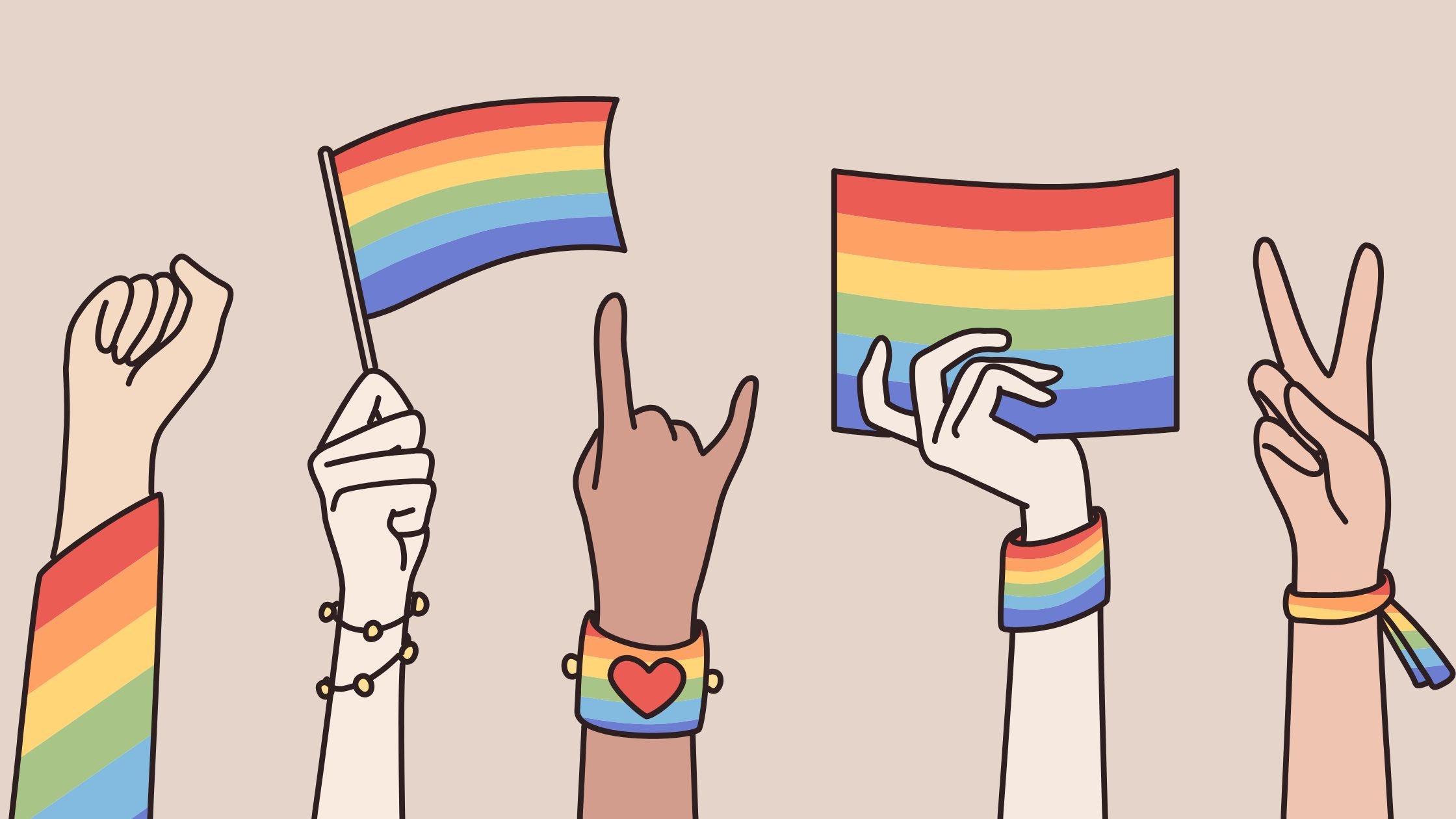Addressing the Disparity: LGBTQ+ Communities and Breast Cancer Research
Breast cancer affects millions of lives worldwide, and research advancements have significantly improved detection and treatment options over the years. However, it becomes evident that certain communities face unique challenges. Among these are the lesbian, gay, bisexual, transgender, and queer (LGBTQ+) individuals, who often encounter barriers in breast cancer research, screening, and treatment. In this article, we shed light on the underserved status of LGBTQ+ people and advocate for more inclusive efforts to ensure their equitable access to care.
Recognizing the Gap:
Breast cancer does not discriminate based on sexual orientation or gender identity, but societal factors and systemic biases can lead to disparities in healthcare experiences. The LGBTQ+ community faces multiple hurdles that hinder their access to appropriate breast cancer screening, diagnosis, and treatment. Research specific to this population remains limited, resulting in a significant knowledge gap that obstructs progress in addressing their unique needs.
Barriers to Screening:
One of the primary challenges is the lack of awareness and understanding among healthcare providers regarding the unique health concerns of LGBTQ+ individuals. This knowledge gap often translates into inadequate or insensitive care, creating an atmosphere where LGBTQ+ patients may be hesitant to seek breast cancer screening. Fear of discrimination, past negative experiences, and concerns about disclosure of sexual orientation or gender identity further exacerbate the problem.
Cultural and Structural Challenges:
The cultural and structural challenges faced by the LGBTQ+ community can also impede breast cancer detection and treatment. Limited access to healthcare, including insurance coverage disparities, financial barriers, and geographical constraints, can prevent timely screenings and follow-up care. Moreover, transgender individuals may face additional obstacles due to lack of awareness about their specific health needs and potential interactions between hormone therapies and breast cancer risk.
Data Collection and Research:
Accurate data collection is crucial for tailoring breast cancer prevention, screening, and treatment strategies. Unfortunately, the LGBTQ+ community is often overlooked in research studies due to sample bias and the lack of inclusive data collection methods. This oversight not only undermines the understanding of LGBTQ+ individuals' unique risk factors but also inhibits the development of targeted interventions and therapies.
Promoting Inclusive Research and Care:
To bridge the gap in breast cancer research, screening, and treatment, it is essential to adopt inclusive practices and policies that prioritize the needs of LGBTQ+ individuals. This can be achieved through several key steps:
- Increased Representation in Research: Researchers and funding agencies must actively include LGBTQ+ individuals in breast cancer studies to improve the accuracy and relevance of research findings. Ensuring diversity within study populations will help shed light on unique risk factors and treatment outcomes.
- Culturally Competent Care: Healthcare providers need training on LGBTQ+ health issues, including specific breast cancer risks and disparities. By fostering an inclusive and supportive environment, medical professionals can enhance trust and encourage regular screenings among LGBTQ+ patients.
- Awareness and Education: Public health campaigns should be designed to target LGBTQ+ communities, raising awareness about breast cancer risks, symptoms, and the importance of early detection. By disseminating accurate information, we can empower individuals to take proactive steps towards their health.
- Partnering with LGBTQ+ Organizations: Collaborating with LGBTQ+ advocacy organizations can strengthen research and healthcare initiatives, ensuring they are tailored to meet the unique needs of this community. Such partnerships foster community engagement and help establish trust in the healthcare system.
Breast cancer is a bitch of an adversary that affects people across all demographics, including the LGBTQ+ community. Recognizing the disparities they face in breast cancer research, screening, and treatment is the first step towards rectifying this inequality. By promoting inclusivity, fostering cultural competence, and prioritizing the unique needs of LGBTQ+ individuals, we can work together to eliminate barriers and provide equitable breast cancer care for all. It is only through collaborative efforts that we can strive for a future where no one is left behind in the fight against breast cancer.
Where to find help:
There are organizations dedicated to helping the LGTBQ community in access to resources, education and peer support.
US: https://cancer-network.org/
Canada: https://queeringcancer.ca/groups/
UK: https://livethroughthis.co.uk/


The NOODIST






